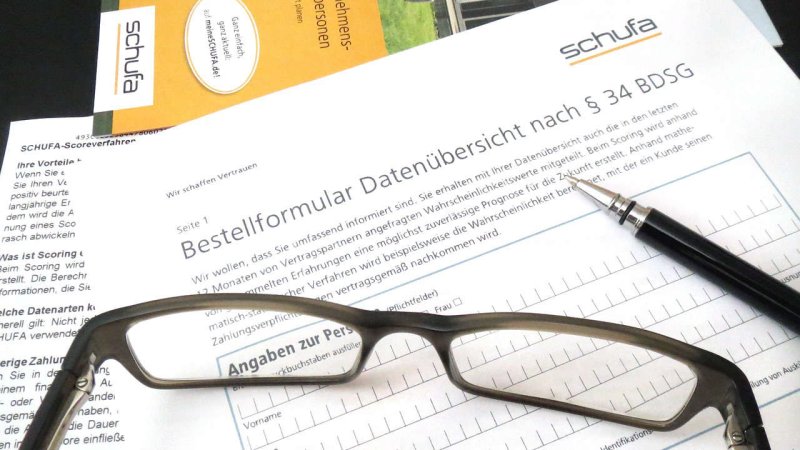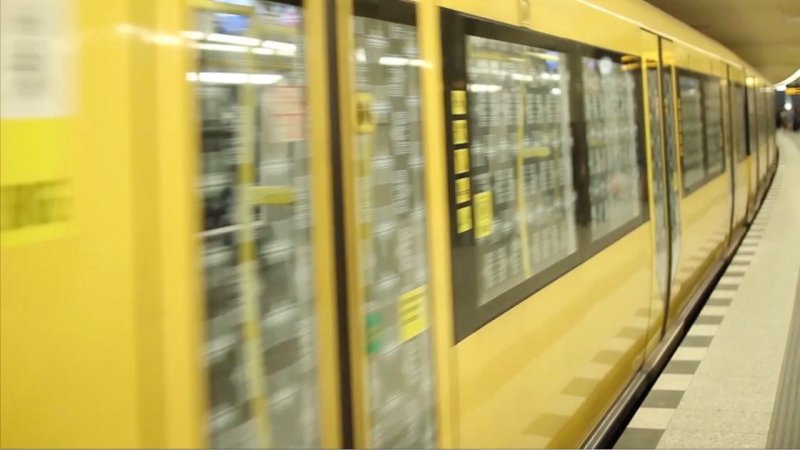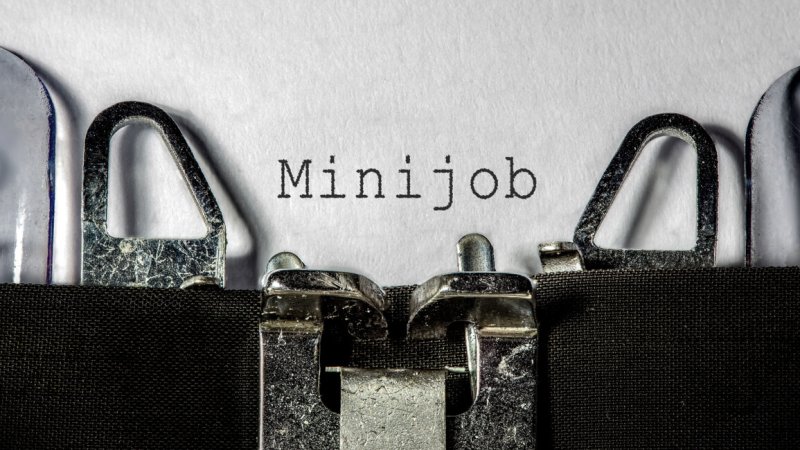Each of us receives bills almost every day - for instance, from a handyman who has repaired something in our flat or a shop where we bought something online. If we forget to pay these bills, further letters with payment reminders and Warnings will follow. Or we may receive letters from a collection company ("Inkassounternehmen") which warns us about possible legal proceedings, the seizure of our wages or a bad Schufa credit entry. Here you can find out more about the workings of these collection companies and the best approach when you receive a letter from them.
Debts from open bills are collected by a so-called "debt collection company" or "Inkassounternehmen". The debt collection company is thus commissioned by a company to demand and receive what is due from its customers. The customers also pay a "collection fee" ("Inkassokosten"), which goes to the debt collection company for its service.
When you buy something, your invoice shows the date by which you have to pay for it. Often it says something like: "Payable after two weeks" or "payable within 30 days". If you do not pay within the period specified on the invoice, you are late.
If customers do not pay their open bills, most companies send a payment reminder first. With this payment reminder, they want to remind customers of the unpaid bills. If you still do not pay, you will usually receive a warning letter or "Mahnung- which costs money. That means now you not only have to pay the bill but also the warning letter fees ("Mahngebühren"). If you do not respond to any of these reminders and warnings, many companies commission a debt collection agency. The debt collection agency will then try to collect the debt.
Please note: The company is not obliged to send you a payment reminder or "Mahnung" first. It can also hire a debt collection agency immediately.
The debt collection company will first send you a so-called "debt collection letter" or "Inkassoschreiben". In this letter, you will be asked to pay the amount owed, warning letter fees and collection costs.
If you neither pay nor react/disagree, the debt collection agency may go to court. The court will then decide whether the claim was justified, i.e. whether you have to pay. Until the court rules, there will be no compulsory enforcement against you.
Read the letter carefully. Make sure you have really ordered the item or service and have not made the payment.
- If you have really forgotten to pay, you must pay the amount stated in the debt collection letter ("Inkassoschreiben"). However, check, in advance, whether the collection costs are justified. You can find out more in the section "How much are collection costs?".
- Of course, if you haven't bought anything from the company or in case you have already paid the bill, you don't have to react or pay. There are dubious collection agencies which try to make money by producing false claims. If the claim is not justified, you should inform the collection agency in writing. Use the sample letter from the Consumer Protection Agency: If you click on "Inkasso-Check starten" on verbraucherzentrale.de, you can have the claim checked, and at the end, you will receive a suitable sample letter which you can send to the collection agency.
If you need more help, contact the Consumer Protection Agency. You can find one nearby at verbraucherzentrale.de.
A valid collection letter must contain the following information:
- Name of the company to which you owe money
- Information about what you bought and when
- Deadline by which you should have paid the bill
In addition, the debt collection company which sends you the letter must be registered. On Rechtsdienstleistungsregister, you can check whether the company is registered free of charge.
If the debt collection company is not registered and the debt collection letter does not contain the above information, you can report the debt collection company to the relevant supervisory authority (Aufsichtsbehörde) with the help of the Consumer Protection Centre. You can find a Consumer Protection Centre nearby at verbraucherzentrale.de.
The amount of the collection costs depends on the amount of the original bill - and the collection company's scope of the work. In principle, however, the debt collection companies must not charge more than what a lawyer could do for the same job. The amount of money a lawyer can charge for certain activities is regulated by law.
On the website of the Consumer Protection Centre, you can find the so-called "Inkasso-Check", where you can check whether the amount of the collection costs required is justified. If the collection costs are too high according to the "Inkasso-Check", seek help from a Consumer Protection Centre. You can find a consumer Protection Centre nearby on verbraucherzentrale.de.
Please note: If you have forgotten to pay an open invoice, but have not yet passed the deadline, you do not have to pay the warning letter costs and collection fees. If that is the case, only pay the open invoice and inform the debt collection company. You can find a sample letter on the website of the Consumer Protection Centre: Click on "Inkasso-Check starten" and enter all relevant data there. In the end, you will receive a fitting sample letter you can send to the debt collection company.
If the debt collection company's claim is unclear or contains a false claim sent by a dubious debt collection company, you can contact the Consumer Protection Centre. You can find a consumer Protection Centre nearby on verbraucherzentrale.de.
Don't be intimidated by a debt collection agency. Review the claim carefully and only pay if you have, in fact, ordered the item or service.
The Costumer Protection Center protects the consumers' rights. Read about food, insurances, mobile contracts and much more on their portal.
The BAMF provides an overview on options of paying, shopping on the internet and warranty and guarantee in Germany.
The Federal Ministry of Customer Protection offers comrehensive information about debt collection ("Inkasso").




